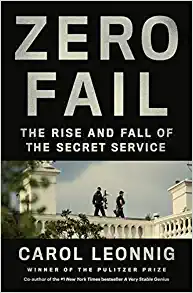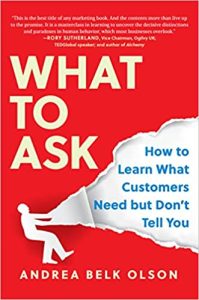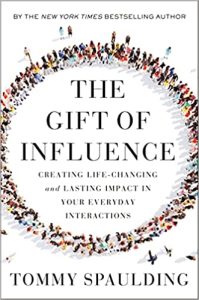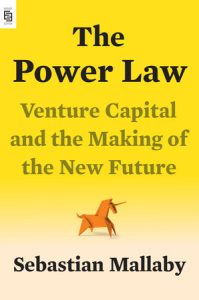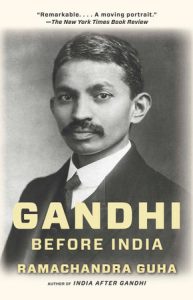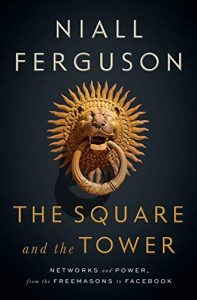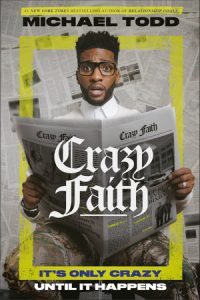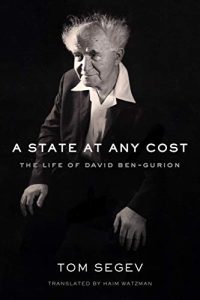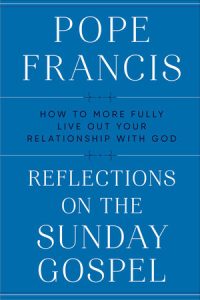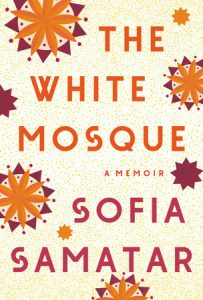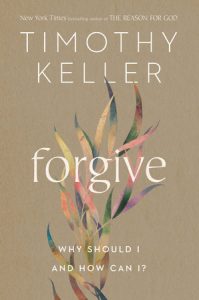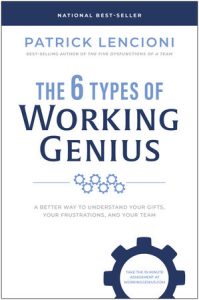The Breakfast Club Adventures
₦12,000.00The Breakfast Club Adventures: The Beast Beyond the Fence is the first fiction book by England International footballer, child food-poverty campaigner and bestselling author Marcus Rashford MBE, inspired by Marcus’s own experiences growing up! Written with Alex Falase-Koya, it is the third title in the Marcus Rashford Book Club and is packed with tons of illustrations by Marta Kissi, making it the perfect book for children aged 8-11.
There’s something fishy going on at school . . .
When twelve-year-old Marcus kicks his favourite football over the school fence, he knows he’s never getting it back. Nothing that goes over that wall ever comes back. But when Marcus gets a mysterious note inviting him to join the Breakfast Club Investigators, he is soon pulled into an exciting adventure with his new mates Stacey, Lise and Asim to solve the mystery and get his football back!
Packed full of friendship, adventure, community and fun, you won’t want to miss The Breakfast Club Adventures: The Beast Beyond the Fence, Marcus Rashford’s first fiction book for children.


